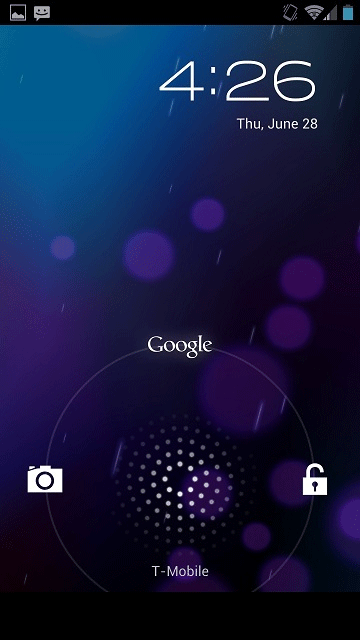The Apple v. Samsung trial that took place in California for the last few weeks has been THE tech trial of the year if not the decade. The trial was a clash of titans in the tech industry covering a broad spectrum of issues from bounce-back scrolling to the trade dress of Apple’s products. In the end the jury found overwhelmingly for Apple and in the light of the current system they made the right decision even if many people do not agree with the findings. In an interview with the team at the tech news website The Verge the foreman of the jury told Bryan Bishop that he believes that the courtroom is not the place to take a stand on current policies and that only ”through fair and heated debate and the use of logic that if a philosophy is wrong — such as the Patent and Trademark Office, as many are saying it’s sick, or it’s broken — if that is the case then it’s the court of popular opinion that makes the change.” I agree completely that the jury did it’s duty to the court by applying the current system to the facts presented in the case and applaud them for not attempting to force a change in an area most of them are not related to. I hope that lawmakers in the US see this case and realize that the patent system must change and that the length of time for these patents are far too long for the rate at which this industry changes.
